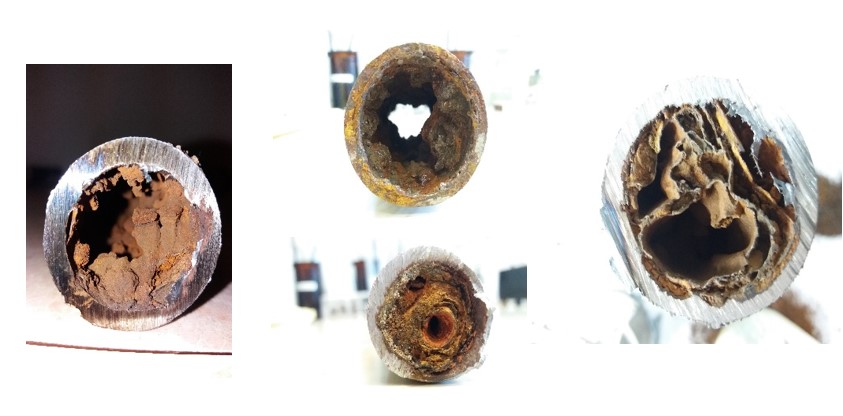Research on the diversity and distribution of legionellae
Legionellae or Legionella spp. are pathogens found in water that can cause the infectious disease legionellosis. Its manifestations vary from light fever (Pontiac fever) to more severe and potentially lethal pneumonia (Legionnaires' disease). However, it is important to remember that this disease is preventable.
Humans are occasional hosts for legionellae. The ability of these bacteria to infect us is considered the result of a long evolution of bacteria and protozoa. Legionellae are spread by water aerosols containing the bacteria. Bacteria in the form of aerosols, for example from a fountain, can spread over several kilometres from the primary source of infection.
The main factors that contribute to the survival and growth of legionellae in water supply systems are inadequate hot water temperatures, biofilm formation and “Trojan horses” – amoebae that protect legionellae from adverse external environmental factors and act as “transporters” from the water supply system to the human respiratory system.
The study assesses the trends in legionella occurrence in water supply systems, identifies the presence of antibodies in blood donors, analyses environmental and individual risk factors, examines the genetic diversity of legionellae and assesses their ability to infect humans.
Overall, antibodies against Legionella pneumophila, the most common legionella species, were detected in 4.8% of blood donors. The highest rates were observed in Ventspils (18.2%), Aizkraukle (11.8%), Riga (6.5%), Rezekne (6.3%), Cesis (6.2%) and Daugavpils (5.8%). Residents of apartment buildings are at a higher risk of legionellosis than those living in single-family houses, and residents of buildings with centralised hot water supply are more likely to be exposed to legionellae. The high prevalence of legionellae in the water supply system is due to inadequate hot water temperature (mean 47.8 ± 0.7 °C) and the high occurrence of free-living amoebae (84.2 %).
 Fragments of hot water pipes with biofilm and boiler scale growth removed during repair works in an apartment building in Riga in May 2017. Image from the thesis by Olga Valciņa
Fragments of hot water pipes with biofilm and boiler scale growth removed during repair works in an apartment building in Riga in May 2017. Image from the thesis by Olga Valciņa
Legionellae isolated from water samples have a high genetic diversity.
The study included 137 Legionella pneumophila bacteria, which fall into 46 genetic types, with 10 genetic types being new and not previously reported worldwide.
A total of 420 specific genes that enable bacteria to cause infection were identified in legionellae from 58 residential buildings. 260 of these genes were found in all Legionella pneumophila bacteria. The relative frequency of these genes suggests that Legionella pneumophila bacteria have a high ability to infect humans.
Olga Valciņa will defend her thesis "Prevalence, Genetic Diversity, and Virulence Potential of Legionella spp." on 28 December 2023. Read more
Related news
 18 Student teams to start developing their ideas in B-Space incubation programmeFor RSU Employees, For Students, Innovation, B-Space
18 Student teams to start developing their ideas in B-Space incubation programmeFor RSU Employees, For Students, Innovation, B-Space


